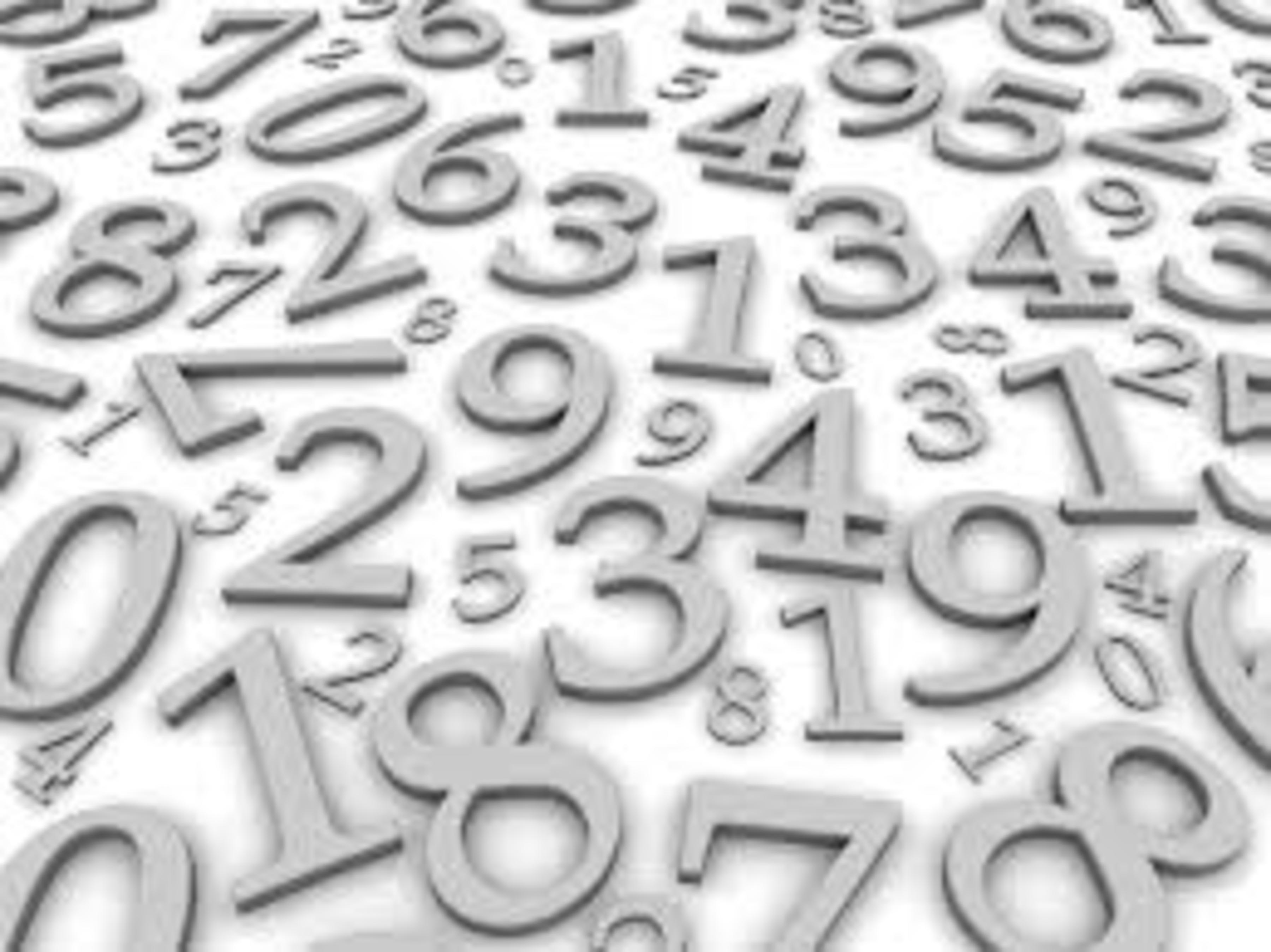The Uninteresting Number!

Every number is interesting. Take for example :
- is neither a prime nor composite
- is the first & the only even prime
- is the first odd prime
- is the first composite number
& so on.
But is there an uninteresting number? Let us find out.
Let be the set of all the uninteresting numbers.
Obviously, this set has a smallest element.
But such a number would be interesting because it is the first uninteresting number!
Hence, EVERY number is interesting!
No vote yet
1 vote
Easy Math Editor
This discussion board is a place to discuss our Daily Challenges and the math and science related to those challenges. Explanations are more than just a solution — they should explain the steps and thinking strategies that you used to obtain the solution. Comments should further the discussion of math and science.
When posting on Brilliant:
*italics*or_italics_**bold**or__bold__paragraph 1
paragraph 2
[example link](https://brilliant.org)> This is a quote# I indented these lines # 4 spaces, and now they show # up as a code block. print "hello world"\(...\)or\[...\]to ensure proper formatting.2 \times 32^{34}a_{i-1}\frac{2}{3}\sqrt{2}\sum_{i=1}^3\sin \theta\boxed{123}Comments
This is true if the word 'number' means a non-negative integer in this context. The well ordering principle works for non-negative integers only.
This seemingly pradoxical result arises because 'interesting' -ness is not a well-defined property. Would a number be considered interesting if it's uninteresting? Can something have a property A by not having the property A?
This is exactly how Agnishom Chattopadhyay won against me in a debate- " Are all people interesting" He was in the proposition and came up with something similar and said that being a bit uninteresting is in itself an interesting property...thus :P
Log in to reply
That was pretty interesting :)
Nice proof!
what about the 2nd unintresting number??????????? :P
Log in to reply
Its interesting for being the 2nd uninteresting number :D
Log in to reply
@Shreya R quite true!
Using your method of contradiction, you have thrown away a seemingly extraneous solution.
It is more logically sound to say that all numbers are uninteresting, because in this case, a number isn't interesting, they are all uninteresting.
You've also stated
which is an assumption.
So really, no numbers are interesting.
Log in to reply
@Finn Hulse,
is not an assumption! It's common sense!
How come a set doesn't have a smallest element?
Log in to reply
Careful! A set doesn't have to have a smallest element. There is no smallest element in the set S={x:x is a country}.
Even if you're talking about sets of numbers, the statement is not always true.
For example: A={x:x∈R,2<x≤3} has no smallest element.
The well ordering principle works on non-negative integers only.
Log in to reply
OK! Looks like we have found a fallacy to the proof!
Log in to reply
That is not the fallacy actually. It is understood that the word 'number' means non-negative integer in this context. The real issue here is that 'interesting' is not well defined.
Here's a more interesting [pun intended!] variant of this.
Here's an example. 4294967297 is the first Fermat number that is not a prime. This description uses less than 15 words. Is it possible to do that for every number?
Let's assume the contrary. Then set of numbers that can not be described with 15 words or less is non-empty.
Now take the smallest element in this set. This is the smallest number that can not be described with 15 words or less. Wait! That is a way to describe that number! Let's see how many words we used. I'll be damned! We used exactly 15 words! This number does not belong in this set now. In a similar manner it can be shown that no number can be in this set.
The problem with this whole argument is that 'description' is not well defined. What counts as a 'description'? Is it okay for a description to be inconsistent?
Log in to reply
@Mursalin Habib, I knew this one. But there is something wrong with the proof. (The uninteresting number one)
Yes,that's absolutely right.
Yup...otherwise you're defying well ordering principle!!!
What if it is an empty set? Then... :O
Log in to reply
@Finn Hulse, I forgot that one ... :D
Hi-fi! We have the same number of followers! :D ^_^
Log in to reply
@Krishna Ar, you have caught up! Initially, you had less number of followers. Great job! Keep it up!
Log in to reply
Thank you ^_^. Initially I had way too less number of followers, yes now I have reached a decent level :D